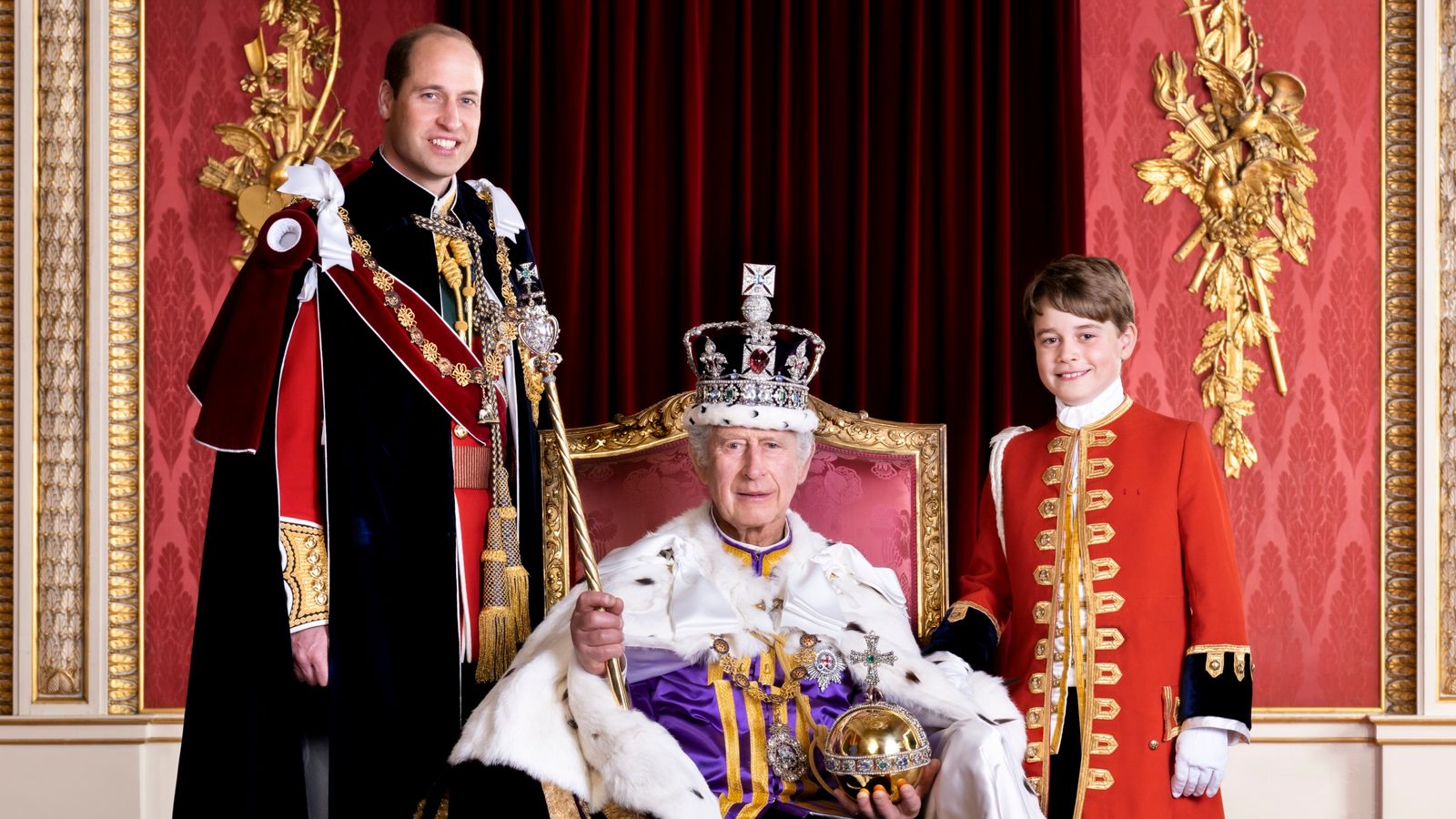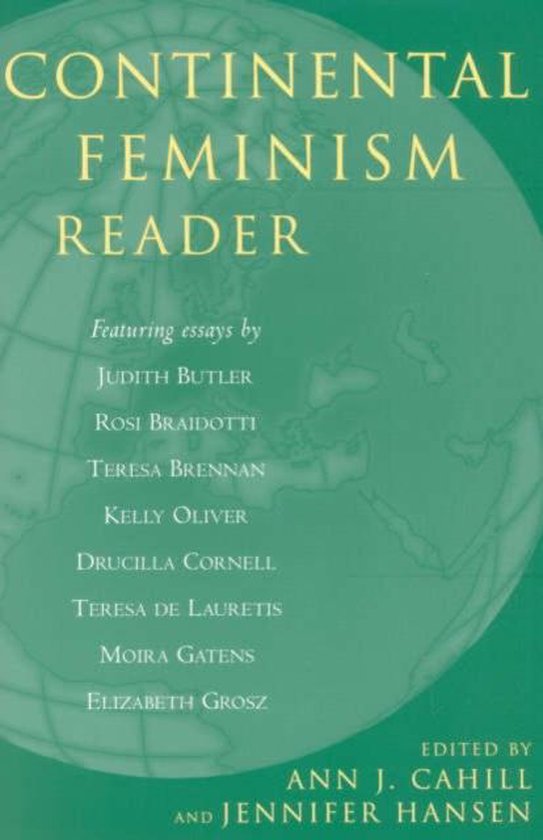If you like reading about philosophy, here’s a free, weekly newsletter with articles just like this one: Send it to me!
From the mighty pharaohs of Egypt to legendary King Arthur and his knights… from the flamboyant King Louis XIV of France to the tragic last empress of Russia, monarchs have left an indelible mark on world history.
As Britain now gets its new king, let’s have a look at what it actually means to be a king.
Whatever our political views, kings and queens still have a special fascination for most of us.
Argonath, mythical kings from Lord of the Rings.
There is something primal, something very old, something echoeing in our collective subconscious about the identification of a ruler with their state, with their land.
Many mammals, since Disney’s Simba most famously lions, have social structures that resemble monarchies. But the role of the leading animal is not only to enjoy privileges. Quite the opposite. In a fight, the leader has to be the first to fight and the strongest fighter. The leadership role is always challenged. Since the leader represents the whole group, a weak leader would mean a weak group. And this, in nature, would be fatal.
So the leader has to be constantly challenged. They have to make sure that they can always defend their position. That they can protect, lead and embody the strength of the group.
For us humans, this leads first to the idea of the king or queen as God. Later, as a representative of God, as a link between the worlds of the mundane and the divine. Royals have always claimed to be appointed by God, and the rituals of Christian monarchies are still mimicking the rituals of the church.
In their book “King, Warrior, Magician, Lover,” Robert Moore and Douglas Gillette talk about the essence of monarchy. The book belongs to a “new masculinity” movement, so it’s not everyone’s thing. But one can ignore that and just look at their analysis of the social role of kings, which is brilliant.
Their insights about kings and their role in society are based on the psychoanalysis of C.G. Jung and they are fascinating. For them, the King is an archetypal kind of role. A role that we understand on a deeper level than just another “job.” Like the father, the mother, the warrior or the magician, the king is one of these traditional roles that define human beings. That tell us what the essence of being human is. That try to make sense of what it means to lead a human life.
The king archetype does not need to be an actual royal. A company CEO expresses the same idea. Or the leader of a powerful social movement.
Mahatma Gandhi, imagined by …
Read the full article which is published on Daily Philosophy (external link)






